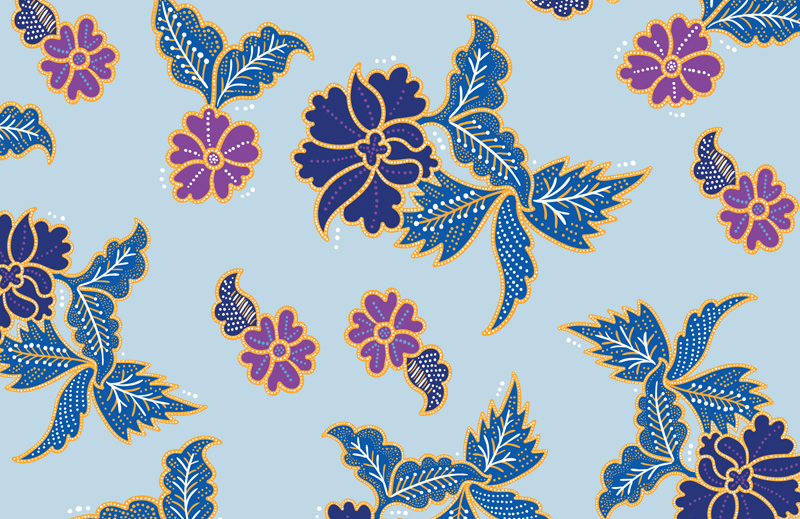Sisters in Islam is concerned about conflicting reports regarding the imposition of tudung upon Malaysian undergraduates. The New Straits Times (November 10, 2005) reported Datuk Maximus Ongkili as saying, “It is agreed that wearing of tudung be made optional for students in all universities and higher learning institutions in the country,” without differentiating between Muslims and non-Muslims.
However, The Star (November 10, 2005) quoted Higher Education Minister Datuk Dr Shafie Mohd. Salleh as saying that although non-Muslim students from the International Islamic University (IIUM) are not compelled to wear tudung to lectures, they must “respect Islam and adhere to the university’s dress code,” which explicitly states that non-Muslim women students have to wear headscarves.
Furthermore, the ‘IIUM Students’ Discipline Rules 2004’ guide book also compels all Muslim women students to wear tudung at all times, and compels all women students regardless of faith to wear tudung during convocation as part of the convocation dress code.
Sisters in Islam firmly believes that no government or public institution should legislate on dress where women are forced either to cover or uncover their heads. We understand that the IIUM authorities have said that its dress code is not a religious issue but remains a right of the University to decide on. We find this justification flawed for many reasons.
Firstly, the claim that this dress code is not a religious issue is problematic. In fact, the act of covering one’s hair is certainly an act of religious observation for many Muslim women. Sisters in Islam maintains that there can be no compulsion in matters of religion. Thus, by instating the tudung as a dress code for Muslims and headscarves for non-Muslims while claiming it is not a religious issue is tantamount to ignoring the context of covering one’s hair, which is very much an issue of politics, identity and faith.
It follows that the enforcement of this style of dressing for both Muslims and non-Muslims is an act that disrespects an individual’s right to express her own identity and belief, a right that is upheld by the Qur’an and the Universal Declaration of Human Rights.
Secondly, we would like to draw attention to the parallels between the current situation with undergraduates in Malaysia to the situation in France not too long ago where the wearing of hijab by Muslim women was banned in public institutions. In this case, Sisters in Islam also opposed the ban imposed by the French government because it violated the religious freedom and rights of French Muslim women.
The point here is that to cover or not cover one’s head remains the sovereign choice of the individual, not any external human authority under any pretext. We understand that certain institutions may want to impose a certain uniformity of dress either for symbolic or practical purposes, but such dress codes must not exploit religious and cultural symbols that are best left to the individual’s personal conscience.
Thirdly, it is merely a matter of semantics to say that non-Muslims do not need to wear tudung but have to observe IIUM’s dress code, which states that non-Muslim women have to wear headscarves. Even amongst Muslims, the style of wearing tudung varies and this distinction between tudung for Muslims and headscarves for non-Muslims ignores the underlying grievances of women who do not wish to have their dressing dictated by any external human authorities.
Furthermore, in the history of Islamic jurisprudence and scholarship, there has been no consensus regarding the “right” form of women’s dress. Even the several verses in the Qur’an that talk about women’s dress do not explicitly espouse a specific type of dress. In fact, the Qur’an infers that modesty can be achieved in different forms of dress suitable to different cultures, times and places. Thus, to legislate on women’s dress based on a perceived single “Islamic” standard is a misguided attempt at representing the breadth of thought and scholarship in Islam.
Fourthly, IIUM also states that its dress code for non-Muslims has never been challenged before this. We question the veracity of and underlying assumption behind IIUM’s assertion. IIUM’s dress code has been challenged by non-Muslims before. In fact in 2003, the Member of Parliament for Batu Gajah, Fong Po Kuan, called on then-Education Minister Tan Sri Musa Mohamad to address the issue of the requirement imposed on non-Muslim students at the International Islamic University (IIU) to wear the tudung.
Furthermore, the climate of discussion on Islam in this country has left non-Muslim minorities with very few options. Many non-Muslim Malaysians therefore defer to the coercive will of the Muslim majority, while those who challenge this coercive will usually face varying levels of ostracism and public humiliation. Either way, it is not becoming of a self-proclaimed multi-ethnic and multi-religious society to dismiss the views of ethnic or religious minorities, or even differing views among the Muslim majority. The key point here is that we must respect and embrace the diversity of our plural society.
Fifthly, Sisters in Islam also hopes that the authorities do not ignore the impact of peer pressure in universities and higher learning institutions in the country. Policies that defend the rights of women undergraduates become useless if there is rampant and unchecked peer pressure by various groups to force women to either cover or uncover their heads.
We applaud the fact that Malaysians from all backgrounds are airing their views on this matter and offering various opinions on the subject. As Malik ibn Anas, a renowned Muslim jurist from the classical era, once said, “Diversity of opinion is Allah’s gift to humankind.”
The Qur’an also categorically states: “Let there be no compulsion in religion.” (Surah al-Baqarah, 2:256). We hope that these sensitive principles will be applied in all areas of public life, including the issue of women’s dress.
Sisters in Islam
